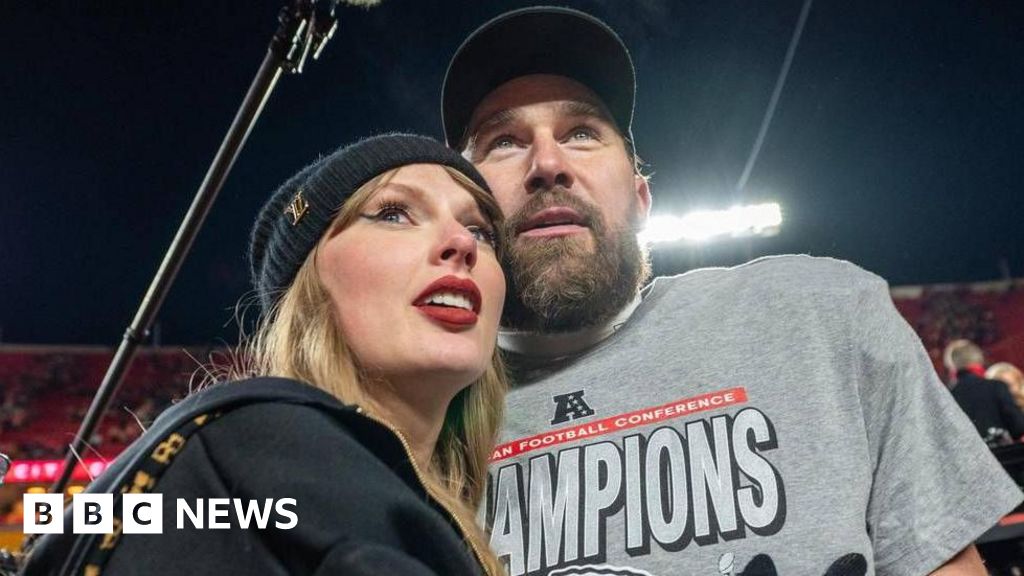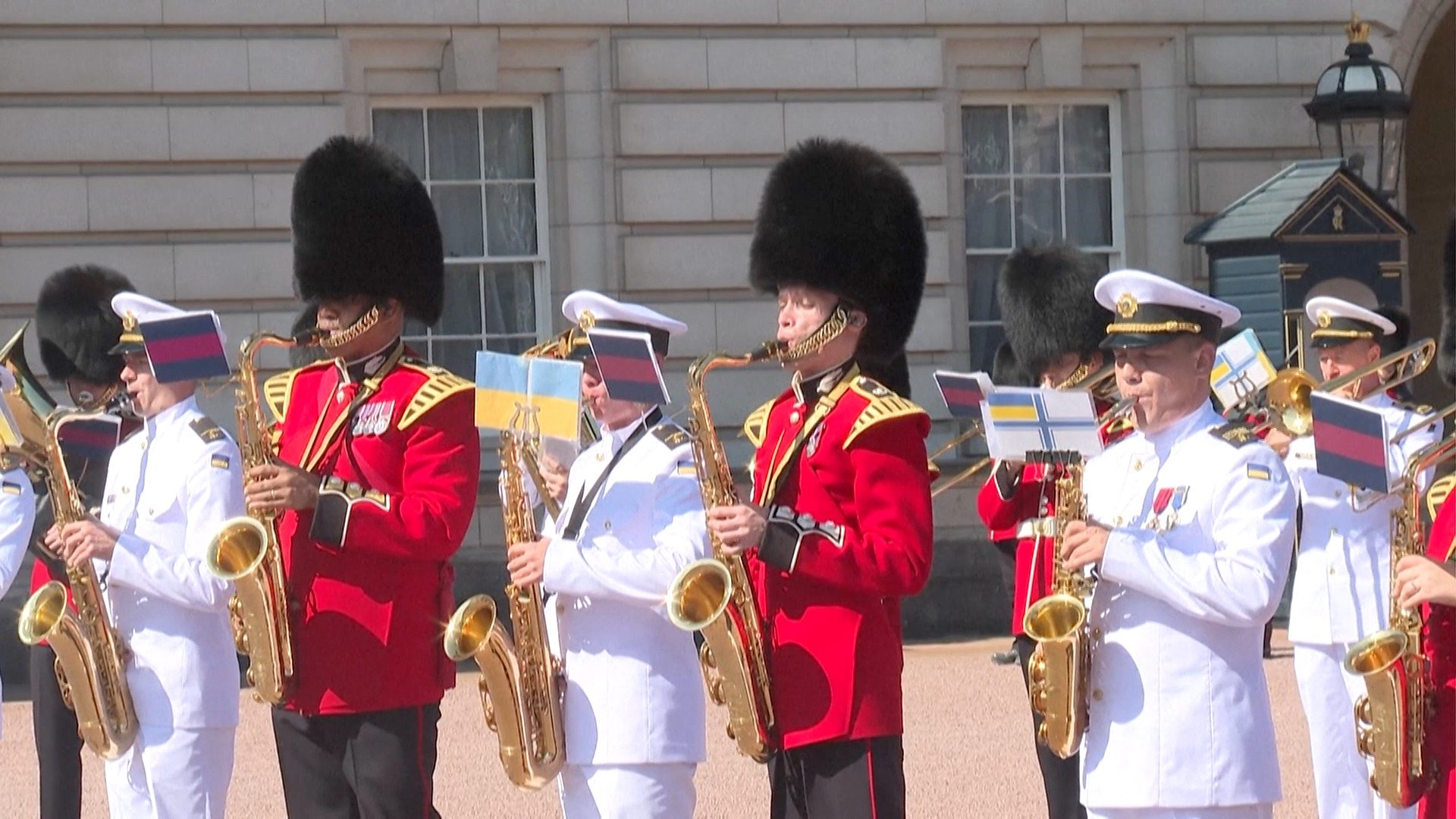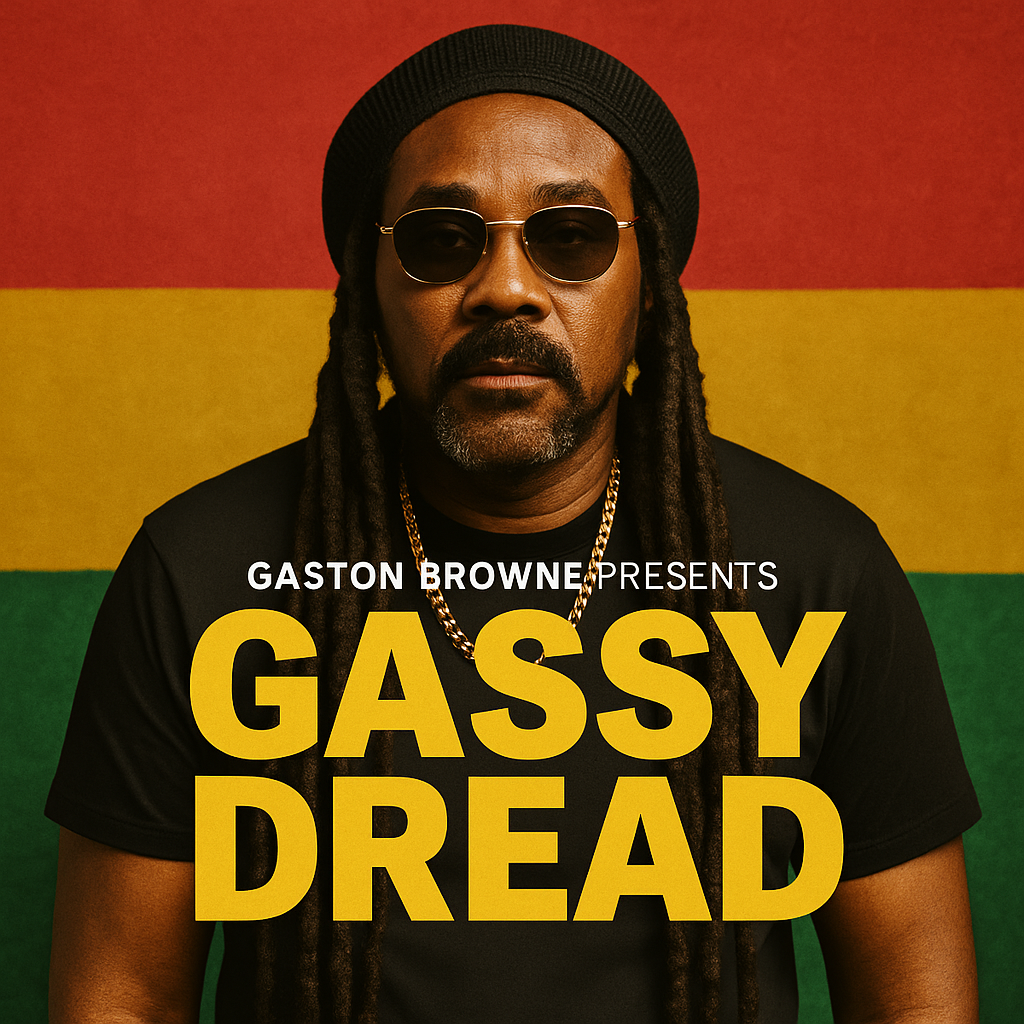What makes a song win at the Eurovision Song Contest, the largest cultural spectacle globally? Is it an upbeat disco tune that recounts a historical conflict, like Abba's "Waterloo"? Or perhaps a bold French ballad reminiscent of Celine Dion's triumphant 1988 performance? By analyzing each winning act since 2000, we can uncover the essential ingredients to create the ideal Eurovision entry.
**Step 1: Embrace Personal Liberation**
A common thread among successful Eurovision songs is the theme of personal empowerment. For instance, Conchita Wurst, the Austrian representative in 2014, delivered her powerful anthem “Rise Like a Phoenix,” which resonated deeply with themes of resilience and self-acceptance. The lyrics emphasized self-belief and overcoming struggles, both of which are fundamental motifs that connect with diverse audiences.
Moreover, engaging with the audience on a personal level can significantly elevate a song’s appeal, transforming a simple performance into a communal experience that celebrates individuality and freedom.
**Step 2: The Power of Spectacle**
While the sound is vital, Eurovision is a visual feast, too. The performance itself can leave a lasting impression that propels a song to victory. Elaborate stage setups, striking costumes, and choreographed dance numbers can enhance a song's message and contribute to its memorability. Audiences latch onto the uniqueness of each performance, creating a sense of anticipation and excitement.
**Step 3: Avoid Key Changes**
Interestingly, experts have noted that avoiding unexpected key changes may contribute to a song's success on this grand stage. A consistent musical structure allows the audience to engage fully with the song without distraction, making it easier for them to remember and root for the performance.
**Step 4: Ingenuity and Quirkiness**
Eurovision thrives on creativity, so being artistically daring can set a song apart. Unconventional song structures and quirky staging are often celebrated, allowing each act to showcase their individuality while capturing the essence of what Eurovision stands for—innovation and cultural exchange.
**Step 5: Connection with the Audience**
Winning acts tend to forge a connection with the audience, often through relatable lyrics or energetic performances that evoke emotions. Engaging the crowd, whether through call-and-response interactions or by making people feel empowered to partake in the song's message, plays a crucial role in securing points from both the public and jury votes.
In conclusion, winning Eurovison is about more than just a catchy tune; it’s a complex recipe that blends powerful lyrics, inspiring messages, visual spectacle, and audience engagement. Embracing these core strategies could help aspiring artists rise like a phoenix in this iconic international competition.






















